You Can’t Rise Above What You Keep Rehearsing.
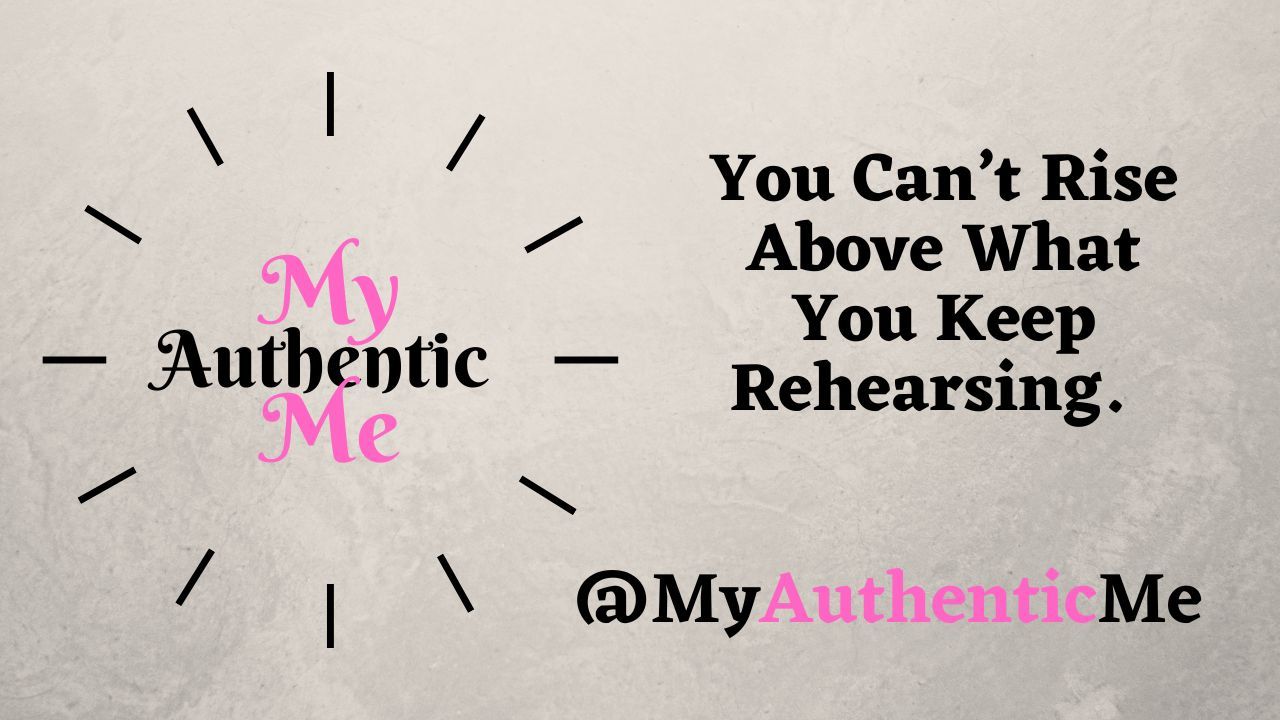
Complaining can feel like relief. It gives our frustration somewhere to go. It validates that something is hard, unfair, or uncomfortable. But what starts as release often becomes a residence.
Because here’s the truth most people avoid:
It is almost impossible to climb over something you keep complaining about.
Complaining Keeps You Oriented to the Problem
What we repeatedly speak, we repeatedly face. Complaints keep our attention locked on what’s wrong rather than what’s required to move forward.
When your energy stays focused on the obstacle, your nervous system reads it as ongoing threat. Growth requires capacity, and capacity cannot expand while you’re stuck rehearsing resistance.
Venting vs. Living There
There’s a difference between acknowledging something is hard and building your identity around the hardship.
• Acknowledgment says: “This is challenging.”
• Complaining says: “This is where I stay.”
One opens a door. The other reinforces the wall.
...
Where Depth Begins: The Difference Between a Relationship and a Transaction
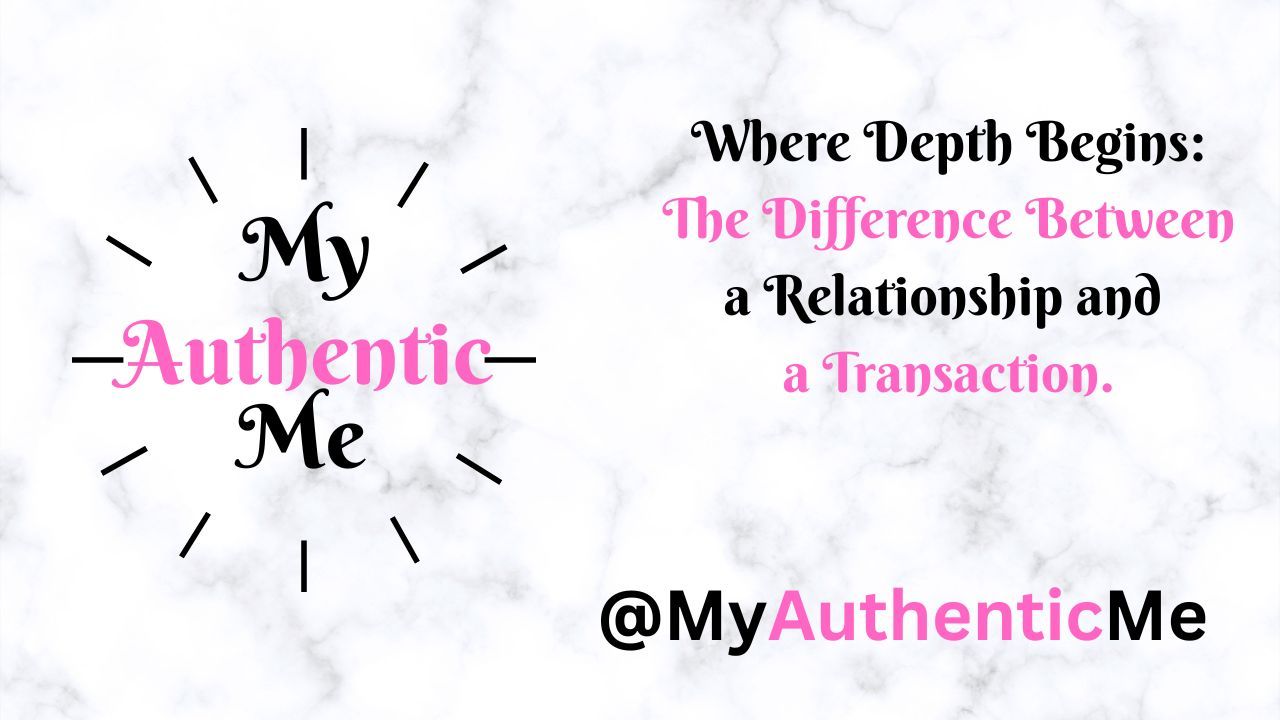
In a world that moves fast, it’s easy to forget that not everything is meant to be quick, convenient, or checked off a list. Some things are meant to be built. Some things are meant to be nurtured. And this is where the difference between a transaction and a relationship becomes life-changing.
A Transaction is an Exchange. A Relationship is an Experience.
A transaction is simple:You give something. You get something. And then it’s over. There’s no emotional investment, no deeper intention, no lasting impact. It’s a moment. But a relationship—whether with clients, friends, family, or yourself—is an ongoing experience. It grows, shifts, and deepens because of the energy you put into it.
Transactions Are About “What Can I Get? Relationships Are About “What Can We Grow? A transaction focuses on the immediate outcome. A relationship focuses on the long-term value. Transactions close quickly. Relationships open doors. Transactions require minimal effort. Relationships create meanin...
Defined by the Opposition
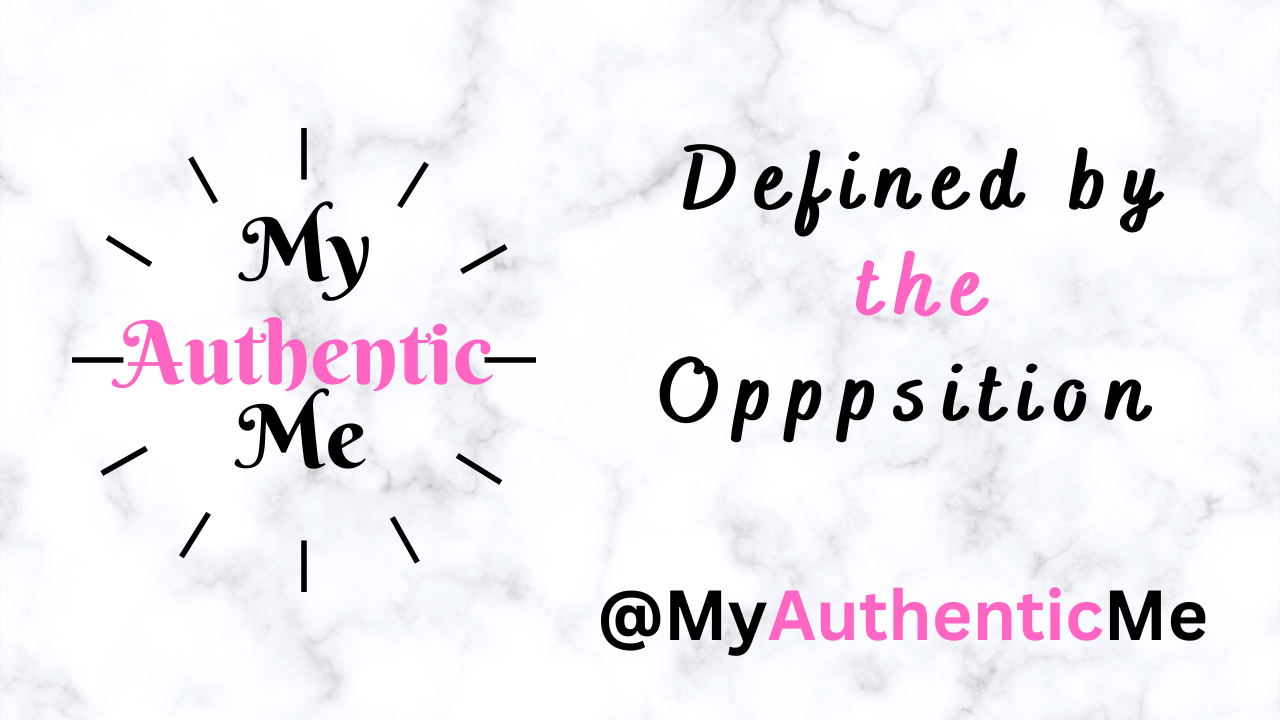
Not everyone will understand your growth. Not everyone will celebrate your becoming. And that’s okay. Because sometimes, the very resistance you face is proof that you’re finally standing in your truth. It’s easy to believe that validation defines us — the praise, the applause, the support. But often, it’s not the people who love us that reveal who we are. It’s the ones who oppose us. The ones who reject, misunderstand, or even resent what we represent.
Opposition as a Mirror
Every time you rise, you disturb something — in others, and sometimes in yourself. Growth threatens comfort. Authenticity confronts illusion. When you choose to heal, elevate, or change, you naturally challenge those who are still committed to staying the same.
Opposition is not always personal. It’s often energetic. People sense your shift before they understand it. They feel your boundaries before they respect them. They notice your peace before they know the storm you had to survive to find it. So when y...
The Mirror We Avoid
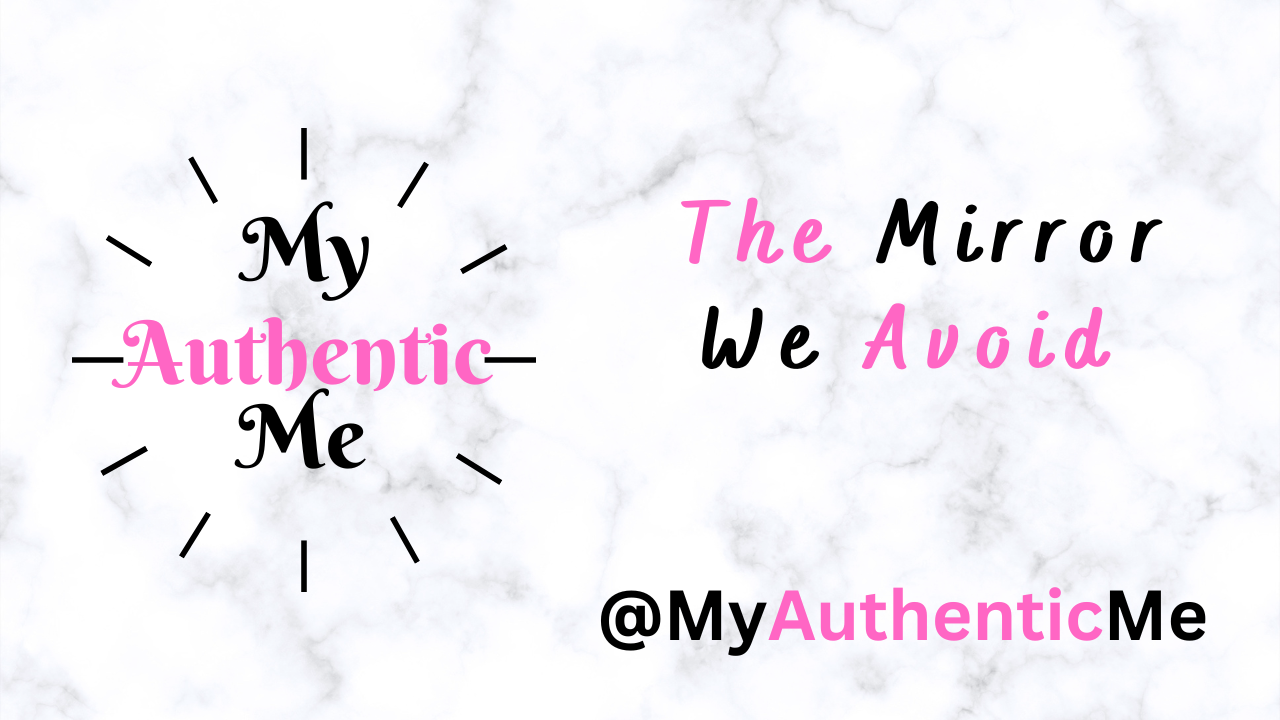
It’s Easier to Project Than It Is to Reflect.
Have you ever caught yourself blaming someone else for something that, deep down, you might also struggle with? Maybe you’ve called someone selfish, controlling, or distant — only to realize later that you were acting out of fear, insecurity, or pride.
That uncomfortable realization is what psychologists call projection — and it’s one of the mind’s most subtle ways of protecting us from ourselves.
What Is Projection, Really?
Projection happens when we unconsciously transfer our own emotions, traits, or fears onto someone else. It’s the mental sleight of hand that allows us to say “you’re the problem,” instead of admitting “I’m struggling.”
When something within us feels too heavy, too ugly, or too painful to own, our minds push it outward. We see our inner conflicts reflected in others — like holding up a mirror but not recognizing the face looking back. We might accuse someone of being judgmental when we’re the ones afraid of being...
A Love Letter to Who I Once Was
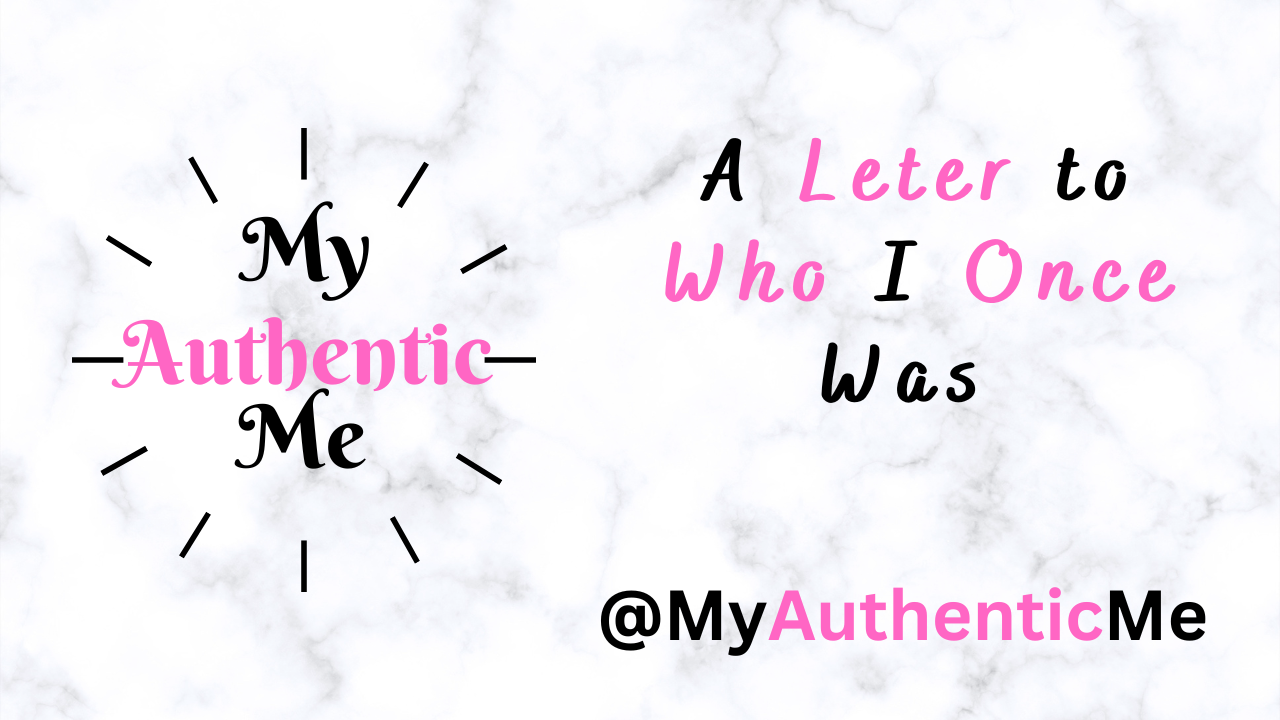
Ah… the process of unbecoming — the sacred unraveling.
Not a loss, but a return. Not destruction, but revelation.
To unbecome is to peel away every layer that was never truly you —
Every role, every should, every mask worn for love, acceptance, or survival.
It’s the shedding of:
• The stories you inherited but never questioned.
• The expectations that silenced your soul.
• The habits built around fear, not freedom.
• The self you crafted to stay small, safe, invisible.
Unbecoming is not the end — it’s the beginning.
A remembering.
A reclamation.
A homecoming to your essence.
A Letter to My Former Self
Dear One,
You did everything you were taught to do.
You followed the rules, wore the masks, played the parts.
You tried so hard to be good, to be enough, to be loved — and you were. Even when you forgot.
I see how much you carried.
The weight of expectations, the silence you kept, the smiles you wore when your soul ached for truth.
You shaped yourself to fit into...
Unbecoming The Box

“Unbecoming the Box”
The world—and often religion—hands us a box early on.
Labeled. Measured. Tied up with expectations we never agreed to.
We are taught to shrink into it, to mute the colors that don’t match its palette.
So we start masking.
We perform. We polish. We fight to fit, or fight to break free.
But in both, we are still dancing around the box.
We think healing is about fixing what’s broken.
But sometimes, healing is simply seeing that we were never broken to begin with—
just burdened by beliefs that weren’t ours.
We begin to awaken.
We realize that every gift comes with a cross to bear.
The light draws shadows.
Joy and sorrow, creation and collapse—yin and yang—are forever entwined.
To carry light is to understand darkness intimately.
And then something deeper unfolds:
We are not meant to perform wholeness.
We are meant to embody it—through authenticity, not perfection.
The authentication process isn’t about becoming more—it’s about unbecoming ...
The Fire That Didn't Kill Her
I wrote this about a month ago as I reflected over this past year. Where I was compared to where I am now is simply amazing. I chose to fight back. I chose to bravely fight through the flames and what has emerged is beautiful. My growth, my peace, and my overall mindset are beyond what I could even have imagined . The road was hard and daunting, but it was SO worth it. If you are ready to make that same leap of faith, then I am here to help you to reach the highest version of yourself.
The Fire That Didn’t Kill Her
You Are Your Own Safe Place

My Mood Is Not My Master

We’ve all had situations where our emotions got the best of us, whether we’re sitting in traffic, dealing with a difficult driver, or arguing with a loved one. Often it’s because we didn’t realize what was happening until we were too far down the “emotional train” to change it. We say things we don’t mean and that we’ll later regret, because we haven’t cultivated emotional mastery. And when you don’t master your emotions/mood, you’re not able to identify and handle them until it’s too late.
Frank Outlaw stated, ”Watch your thoughts, they become words; watch your words, they become actions; watch your actions, they become habits; watch your habits, they become character; watch your character, for it becomes your destiny." This starts with being mindful of ones emotional health. Emotions are complex states involving both physical and mental changes that effect our mood and behavior. Emotions are powerful. Your mood determines how you interact with people, how you deal with challenges...
My Joy Is My Job.

We live in a time when society is wanting to be constantly entertained. Humanity is driven by the next fix to bring them peace, joy, and happiness. When in reality it is up us to find our own joy in each day. It is a choice one makes. Your happiness is your own responsibility. Don't rely on anyone else to achieve it. This is perhaps the most important realization that you need to make in order to achieve happiness in life and in yourself.
As I coach my clients in this topic, there has been one question that seems to always be asked. "What does it mean/how does one to be responsible for your own joy?” My answer is the same every time. Taking personal responsibility means not blaming others for your unhappiness. It means figuring out ways in which you can be happy despite others' (negative) behaviors and despite the external circumstances. This doesn't mean that very happy people blindly accepting whatever is happening to them. A person who has taken personal responsibility recogniz...



